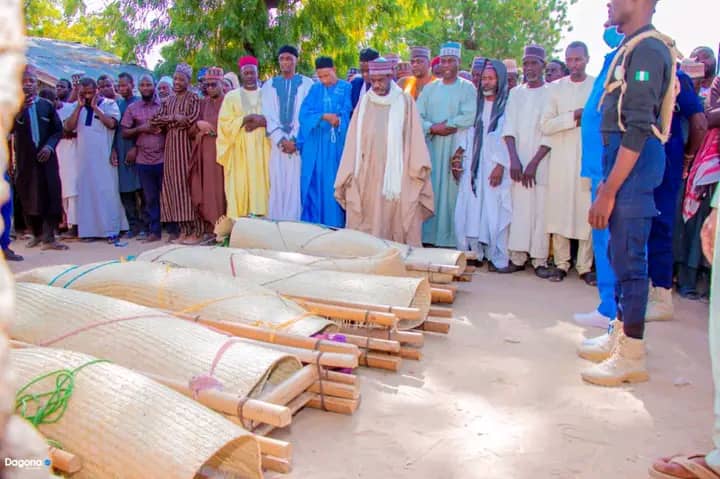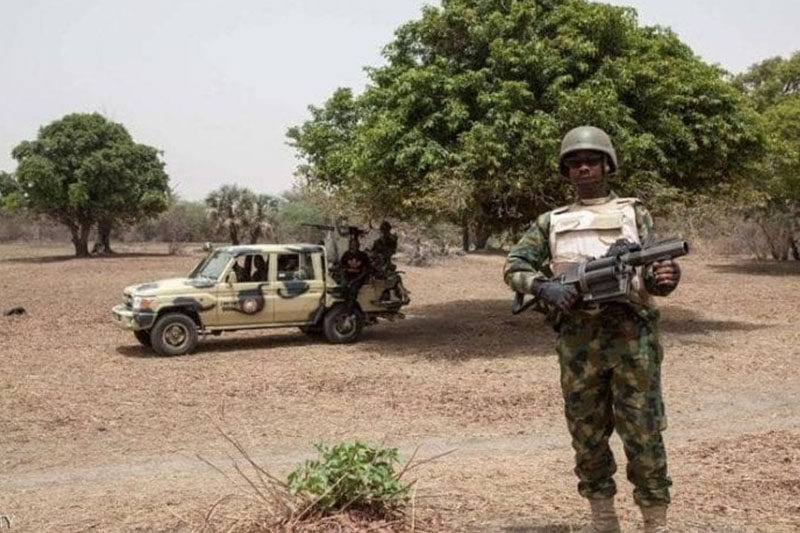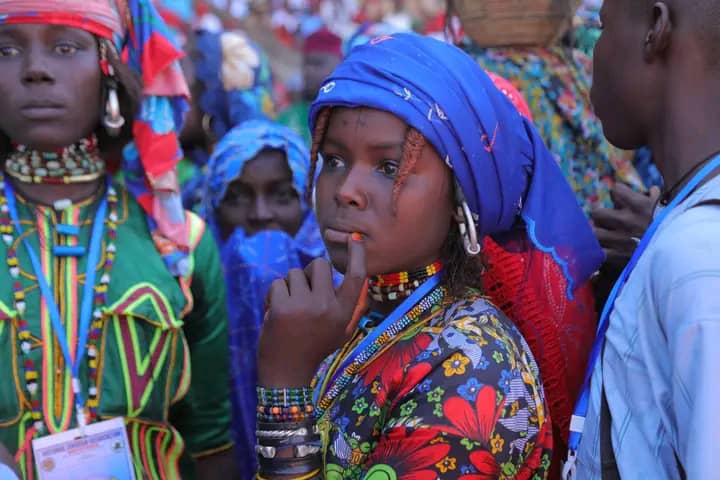It is just over a year ago since the lights went out in Maiduguri – and the residents are still in the dark.
In mid-January 2021 members of the Jamā’at Ahl as-Sunnah lid-Da’way Wa’l-Jihād (JAS) blew up the first transmission towers, which supported and delivered high-voltage power lines from Damaturu to Maiduguri.
Maiduguri was cut off from the national grid. The blackout also affected the neighbouring local government areas of Bama, Jere, Konduga and parts of Damboa.
The Borno State government tried a few times through the year to repair the pylons and restore power but each time they did so the JAS, more commonly referred to as Boko Haram, would bomb the towers again and Maiduguri and some of its environs were plunged back into darkness again.
The blackout has been hard for everyone in the city but its effect on businesses in Maiduguri was devastating, forcing many to shut up shop.
The only way many businesses could keep going was to install solar panels or buy diesel generators which, because of price of diesel, made manufacturing items more expensive and increased the price for would-be customers.
The lack of electricity and high cost of fuel was not sustainable and it was killing the economy, businessmen said.
And it remained a major challenge for hospitals, public institutions and hotels, which were also struggling to keep the lights on.
RNI reporter Aisha Jamal spoke to some of the residents about their travails with darkness.
Alhaji Bukar Muhammad, a resident and businessman, said: “Transportation costs have skyrocketed. It costs a fortune in diesel and petrol to get our grains – maize, millet, beans and groundnuts – to the grinders, which have also put up their fees. The grinding machine used to cost ₦30, now it is ₦50 and upwards.”
He said it was very difficult living without power because it had seriously affected everyone’s lives. “We are still praying the lights will be restored, although many of us have lost hope.”
Muhammad Bukar said that being without lights for a whole one year had even affected his children.
“When my children come back from school, there is nothing to entertain them. They cannot even watch a cartoon. And it has also affected their ability to complete assignments they get from school. They keep asking when the lights will come on.”
Bukar said: “The blackout has affected poor people the most. The main requirements for a poor man are electricity and water. But we are poor and, with the little salary I earn, I cannot afford to buy solar-generated power and we can’t buy fuel every day to keep us going. Many people in Maiduguri are suffering gravely.”
Alhaji Modu said he disliked living in the city because from 7pm “everything turns dark like midnight”. It had even affected his social life, he said, because he was no longer able to meet friends, watch sport on TV or play games.
“It’s a worrisome issue and I think it is shameful for the Nigerian government to let the capital city of a big state like Borno to be without electricity for a whole year. And each month the prices of gas and diesel increase. There is no let-up. We just have to live in the dark.”
He blamed both the federal and state governments for not taking a swift action.
“To me, misappropriation of resources is the main issue behind the lack of government will to restore electricity. Why has it taken a whole year? The authorities can afford to reinstall the electricity, it’s not because they are that poor.”
Modu hoped the government would take the lead and provide electricity via a tunnel or underground system and forget using transmission towers, which the insurgents would just bomb again. If it was underground the insurgents would not be able to destroy it, he said.
“It is every person’s fundamental right to have electricity. No one should be denied that right.”
Sale Muhammad, a hotel manager, said: “The year-long blackout has resulted in us making huge losses because just buying diesel for six months cost us more than ₦1 million, so you can imagine what it has cost us for the whole year. A hotel needs to keep its lights on.”
He said: “Women who depend on small businesses at home, such as making and selling beverages or tasty treats or clothing, to help their families have been affected by the blackout and often it is their only means of survival.”
Solar panels and diesel generators provided light and power for wealthier residents in the city, but the poor had been plunged into darkness because they simply did not have any other option.
In April 2021, the government formed a partnership with the Nigerian National Petroleum Corporation and other stakeholders to establish a gas power plant in Maiduguri. But nothing had come of it so far.
The government had tried to restore power to the city in late December 2021 and areas, such as Ngomari, Damboa Road, Bulunkutu and the Forestry Quarters, had light for a while – some for just a few days and others for as long as a week. But it did not last and residents returned to living in the dark.
RNI tried to contact the Trans National Corporation (TNC) for comment but was unable to get a response.








